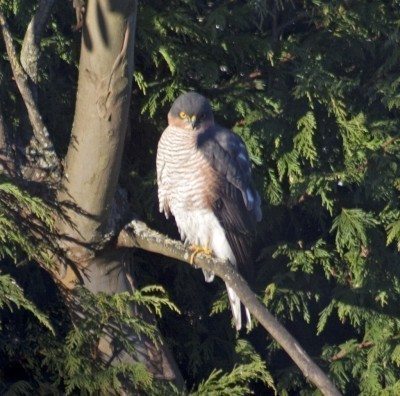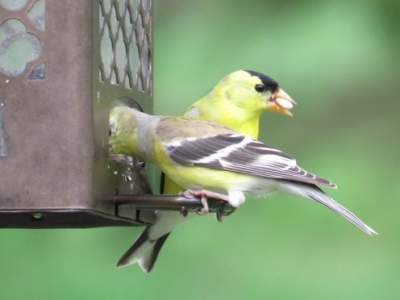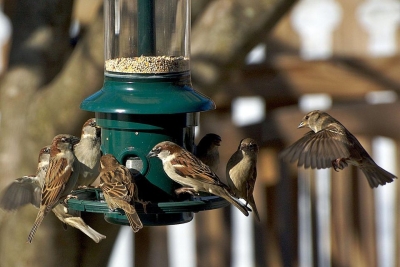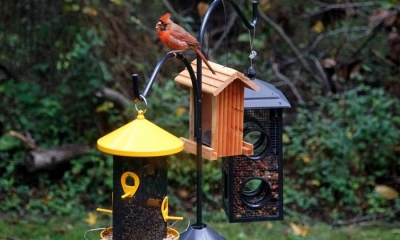Do feeders invite predatory birds?

Some argue that by feeding birds, we invite predatory birds like blue jays and starlings that have the habit of taking hold of nests of other species and killing their young. Look at it this way. No one is sure if this happens near all the feeders. But thanks to feeders, parent birds are better nourished and can spend less time searching for food and more time tending to the nest. The number of chicks is seen to increase in places where birds rely on feeders. According to Cornell Lab of Ornithology, bird species that frequent feeders do well or better than those that don’t.
Picture Credit : Google



